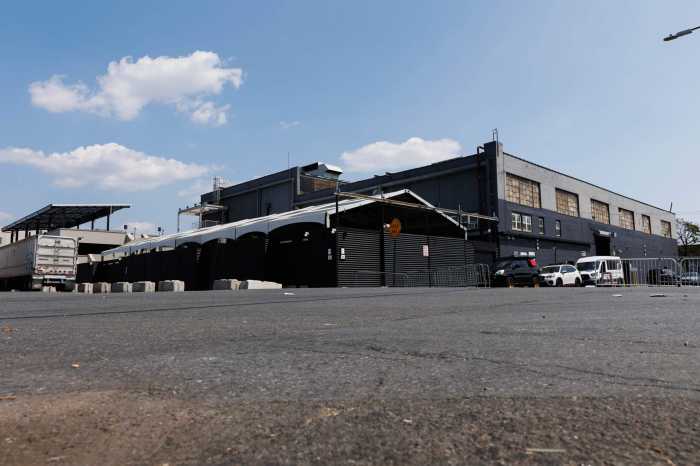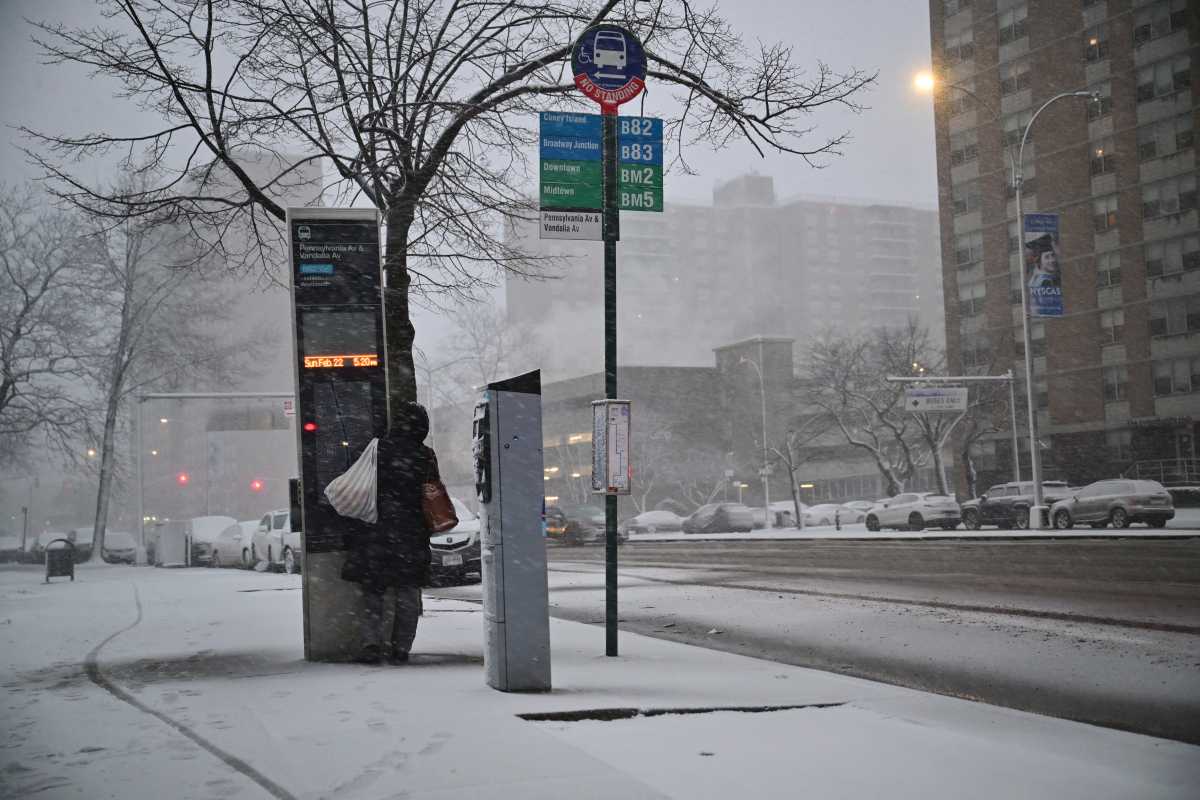Avant Gardner, the parent company of the Brooklyn Mirage, filed for voluntary Chapter 11 bankruptcy on Monday.
The decision came after “several months of financial distress, culminating with Avant Gardner being unable to open its newly constructed Mirage event space for the 2025 season,” the company said in a statement. Court filings show that as of Aug. 4, as many as 90,000 people still held tickets for planned events at the Brooklyn Mirage.
Avant Gardner owes more than $155 million in “funded secured debt obligations,” court documents show, or debt tied to its assets. It also owes $6.5 million in taxes and about $800,000 in employee wages, contractor obligations, and other labor-related expenses.
The Brooklyn Mirage had been set to open on May 1 after a major renovation. But the reopening was canceled hours before its first show as the venue struggled to pass city inspections and obtain occupancy permits, and the venue has since canceled or moved dozens of performances as its doors remain closed. In a court filing, Avant Gardner CEO Gary Richards said losing the Brooklyn Mirage for the season was “catastrophic for the Company’s operations and liquidity.”

The company has secured a financing commitment from an existing lender, it said in a statement, and anticipates selling its assets to that lender at auction.
“Two months ago I was brought in as CEO to rebuilt the Company’s culture and turn the business around,” Richards said in a statement. “I believe this Chapter 11 restructuring is the most viable path forward — it will allow us to stabilize Avant Gardner and focus on building for the future.”
Richards was hired in May to replace former CEO Josh Wyatt, who was abruptly fired shortly after the failed reopening.
Avant Gardner’s other two venues, the Great Hall and Kings Hall — both housed in the same complex as the Brooklyn Mirage — will “remain open and operating as usual,” the company said.
Brooklyn Mirage was ‘beset by delays and cost overruns’
In a court filing, Richards said the Mirage project was “beset by delays and cost overruns,” and that Avant Gardner “expended significant Company resources” and entered high-interest financing arrangements with lenders in an effort to finish the renovations on time. Documents show the company has taken out several loans and cash advances in the past several months, including one $1.5 million loan for “improvements to the property.” One cash advance required Avant Gardner to pay the lender a percentage of its future ticket, food, and beverage sales back to the lender until the advance was paid off.
The company believes several contractors “contributed to the construction problems,” per court filings, and are “actively continuing their investigation into the matter.”
As issues piled up, the city’s Department of Buildings on April 29 revoked the Mirage’s temporary occupancy permit, court filings say, because the agency believed the Mirage structure was permanent, not temporary.
Avant Gardner is still actively working to “prepare a remedial plan that complies with the DOB’s requirements and provide a reimagined ticketholder experience,” Richards said in the filing. “The company expects to continue to work, with the support of [lenders] with the DOB to ensure a remedial plan with respect to the structure is completed responsibly and safely.”

As the closure has continued, Avant Gardner has racked up debt with contractors like construction and design firm Heini, online ticket platform Dice, and payment-processing company Stripe.
One contractor, who asked not to be named, said they are still owed nearly $80,000 after Avant Gardner suddenly canceled their contract in May, violating their agreed-upon cancelation clause. The contractor said they have had no communication with Avant Gardner in months, even though they have repeatedly reached out to the company’s leadership team and to lead lead investor Andrew Axelrod.
“They’re affecting my business,” the contractor said. “I’m a risky client now because my vendors haven’t been paid. And that puts my business at risk, and it ruins my integrity.”
The contractor said they are working to secure a lawyer to help guide them through next steps, and that Avant Gardner has left dozens of vendors and contractors high and dry and struggling to figure out what to do next.
“There’s a lot of intelligent people that contributed to this project that are using their intelligence to try and get an answer from [Avant Gardner], rather than producing, which is what I do,” they said. “I do work. I’m not out here trying to sue the world. I have no desire other than to have some respect, in terms of, communicate with me … I’ve been on my own for a long time, and I’ve faced many challenges with invoicing and payments. Never in this way. I’m appalled.”

























